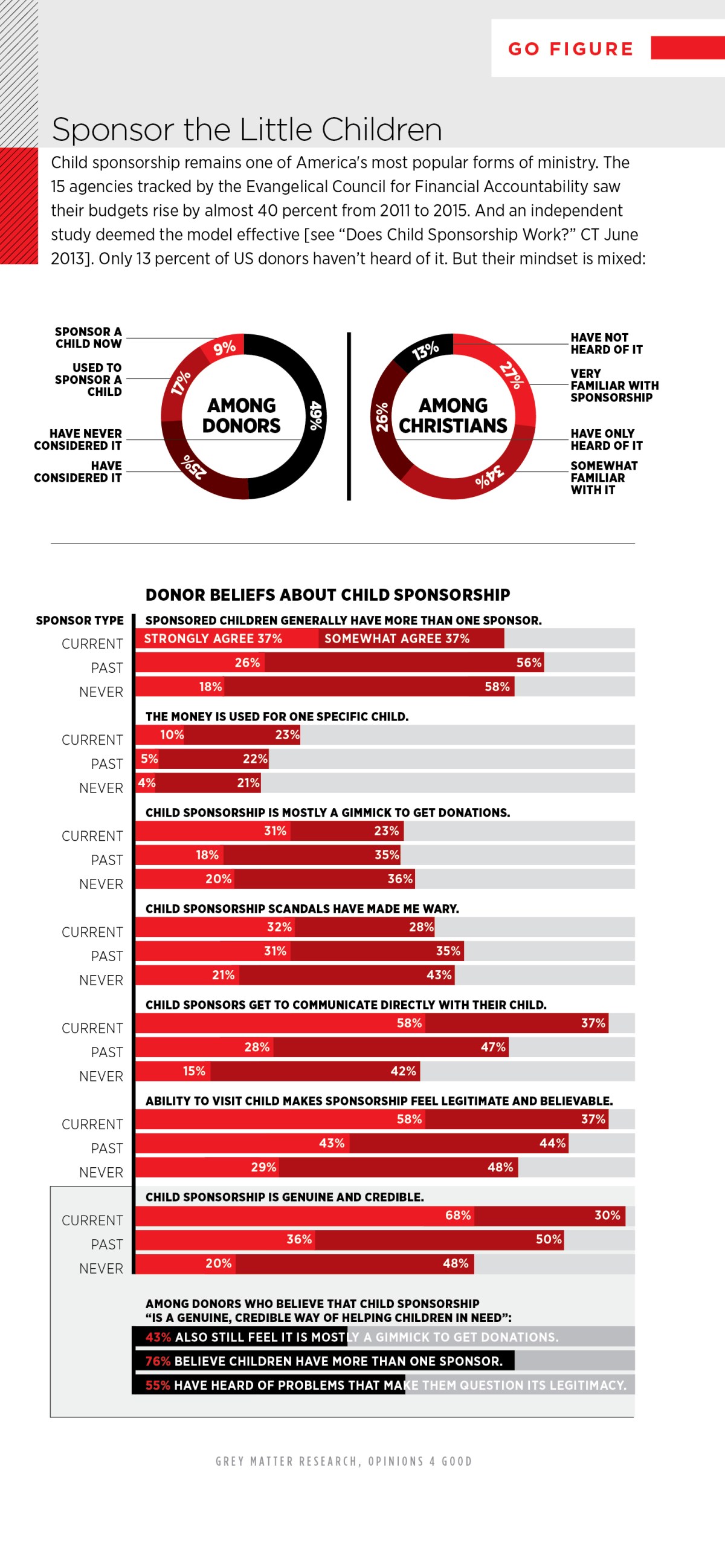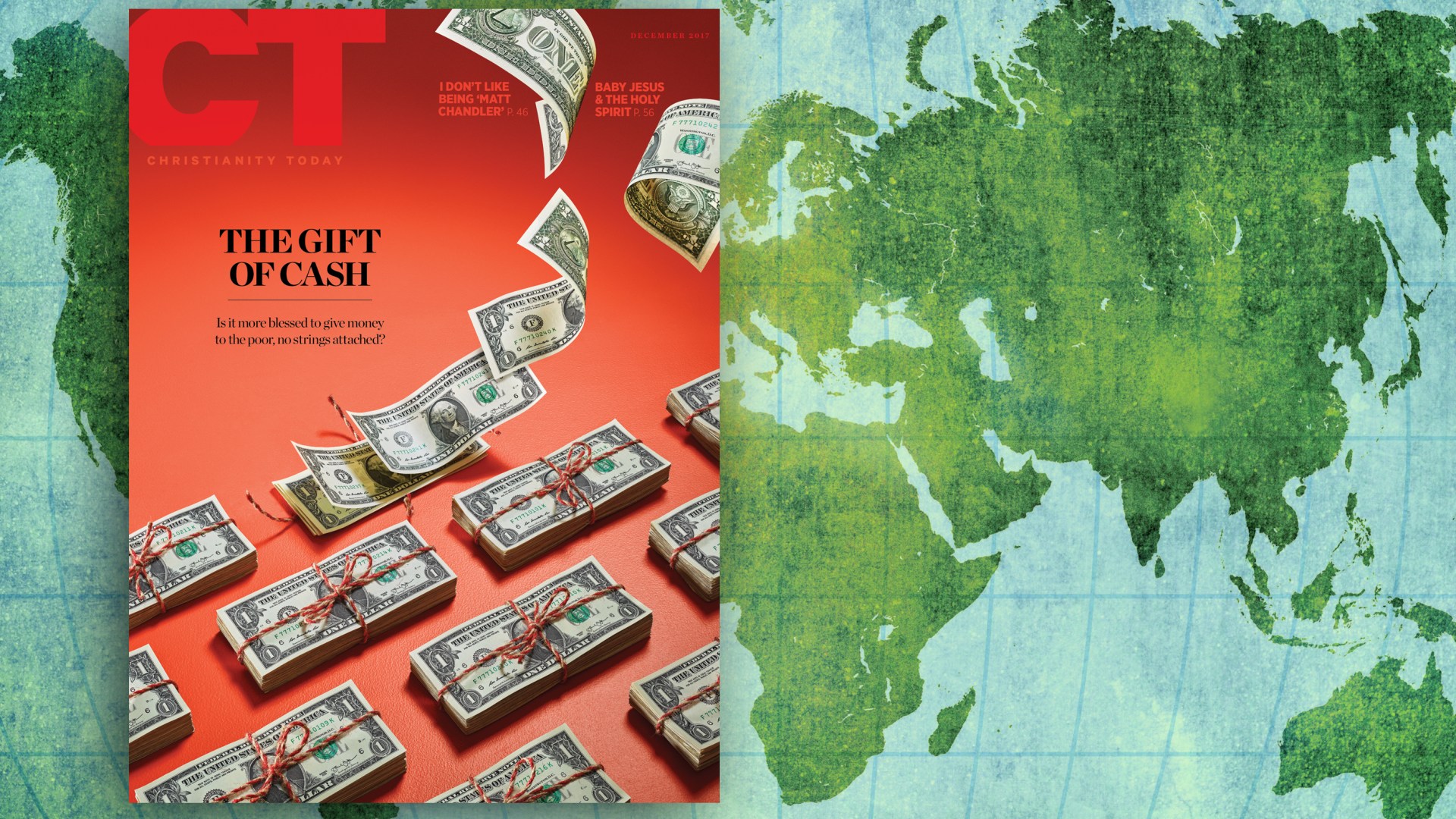Atheists get rematch on pastors’ best benefit
Three years ago, a federal judge in Wisconsin declared that the long-standing clergy housing allowance violates the First Amendment. The $800-million-a-year tax break is an unnecessary benefit for religion, Judge Barbara Crabb said. The Justice Department appealed, arguing the plaintiffs—leaders of the atheist Freedom From Religion Foundation (FFRF)—weren’t harmed because they could’ve claimed the “ministers of the gospel” benefit for themselves. The Seventh Circuit Court of Appeals agreed and overturned the decision. FFRF leaders promptly applied for the benefit, were denied by the Internal Revenue Service, and sued again. This fall, Crabb again ruled on their behalf, saying the policy showed “a preference for ministers over secular employees.” The case will likely be appealed again to the Seventh Circuit, which has also reversed Crabb’s ruling that the National Day of Prayer was unconstitutional.
Tax proposals could cost charities bigly
The Trump administration’s proposal to double the standard deduction to $12,600 for individuals and $24,000 for joint filers means more money in taxpayer pockets. But it also means those who itemize their charitable deductions on their IRS Form 1040 would drop from about 30 percent of the population to about 5 percent. Researchers estimate that could cause a drop of between $5 billion and $13 billion in charitable giving, depending on how much tax policy motivates a giver. Experts say an even bigger danger is that by narrowing the deduction to only the wealthiest givers, opponents can argue that it should be eliminated. Not only would that discourage giving, but it would withdraw a symbol of government support. “If the government reduces funding of charities [through tax breaks],” Barnabas Fund finance director Dave Schutt told CT, “either those services go away or the government has to step in and provide them.”
Hobby Lobby exemption extended to all
Any Christian-run business or nonprofit can opt out of the contraception coverage required under the Affordable Care Act, the Trump administration decided this fall. Churches have always been exempt from providing treatments like birth control pills, emergency contraception, and sterilization, but religious employers had to make a case for themselves. Hobby Lobby famously won an exemption for certain private companies in 2014, and March for Life won a moral exemption the next year. Meanwhile, scores of other Christian charities, colleges, and nonprofits watched the Little Sisters of the Poor carry their case up to the US Supreme Court and then be sent back down without a decision. The policy change is part of Trump’s promise—laid out in a 25-page report by the Justice Department—to beef up legal protections for religion.
 Christianity Today
Christianity TodayTurkey: Jailed US pastor offered in trade
Turkish president Recep Tayyip Erdoğan offered to swap American pastor Andrew Brunson for Muslim cleric Fethullah Gülen, a Turkish citizen living in exile in the United States since 1999 who is accused of masterminding last year’s failed coup via his international network of followers. “Give him to us,” Ergodan said of Gülen. “Then we will try [Brunson] and give him to you.” After living and ministering in Turkey for 23 years, Brunson was jailed last October along with 50,000 other “suspected” judges, lawyers, soldiers, and journalists in the coup’s aftermath. This was the first time Turkey acknowledged that Brunson was being held as a political prisoner. A State Department spokesperson said the swap was unlikely, but that the US would continue to advocate for his release.
Evangelicals defend Dreamers
Fifty evangelical leaders—including Matt Chandler, Richard Land, and Shai Linne—joined Russell Moore in asking Congress to come up with a solution for the 800,000 Dreamers, or people who were children when they entered the country illegally. “We believe this is a special category of immigrants who are not legally culpable . . . and who are a blessing to their communities and to their churches,” they stated. Trump announced that the Obama-era program protecting Dreamers will end in March, calling it “a window of opportunity for Congress to finally act.” More than half of evangelical voters say a Dreamers bill should be a congressional priority (57%); the same percentage said Dreamers should be allowed to become citizens.
Princeton student ministry drops evangelical label
Citing concerns that the term evangelical is “increasingly either confusing, or unknown, or misunderstood,” the 80-year-old Princeton Evangelical Fellowship switched it out, becoming Princeton Christian Fellowship at the beginning of the school year. The group’s aims—for Christian students to encourage each other and evangelize the campus—haven’t changed. But distancing themselves from the public perception of the term was first discussed prior to Trump’s election, then voted on in May. “We’re interested in being people who are defined by our faith and by our faith commitments and not by any sort of political agenda,” director Bill Boyce told The Daily Princetonian. A CT Pastors reader survey found that 1 in 3 evangelical pastors has also felt less comfortable identifying as evangelical around non-Christians after the election.
House passes 20-week abortion ban
The House of Representatives voted again to ban abortion after 20 weeks, the point where pro-life advocates argue that babies can feel pain in utero. It’s the House’s third shot at the law, having approved similar bills in 2013 and 2015 but failing both times to get enough votes in the Senate. This time the odds are better, with 52 Republicans in the Senate and a promise from Trump that he’ll sign it. Seventeen states already cut off abortion around 20 weeks, and about 60 percent of Americans are supportive, as long as exceptions are offered in cases of rape or incest or to save the life of a mother. The House included those exceptions. The bill is another example of the incremental pro-life approach that got 231 restrictions passed in 27 states from 2011 to 2014, helping to drop abortion rates to the lowest level since Roe v. Wade.
Anti-Christian bias isn’t bigger, just richer
Conservative Christians feel that they are under increasing attack in America. But that’s not because more people are opposed to them, found University of North Texas sociologist George Yancey. Instead, people who don’t like them—typically the politically liberal, highly educated, and less religious—are wealthier now than they were 30 years ago. “Christian activists may be correct that they now pay a stiffer price for that animosity,” he wrote in the Review of Religion Research. The election of conservative politicians doesn’t help, said Yancey, who found that approval levels for conservative Christians seem to drop during Republican administrations. A Pew Research Center survey found that evangelicals are the only American faith tradition whose reputation has not improved since 2014.











